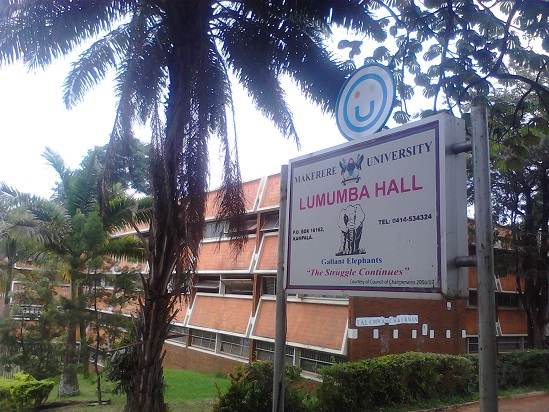The Central Buganda Anglican Diocese has finalized plans to construct a ginger processing plant in Gomba district in a bid to promote the value addition to the agricultural produce.
The Bishop Michael Lubowa of the Central Buganda Diocese, says that the processing plant is part of their plan to transform Mpigi, Gomba, and Butambala districts into self-sustaining with excellence in agriculture, household incomes, and community resilience.
He revealed this while receiving a cheque of Shillings 70million from the government to support the procurement of the ginger processing plant at St. Johns’ Cathedral, Kasaka in Gomba District.
Based in Gomba District, Central Buganda Diocese is one of the 5 dioceses identified for the pilot arrangement to benefit from the Shillings 2 billion donations from the government through the National Agriculture Advisory Services-NAADS to implement agriculture programs.
The others are South Ankole, West Lango, Kitgum, and Busoga dioceses. According to Bishop Lubowa, the ginger processing plant would enable the farmers to earn more by selling improved products.
Ginger is a major cash crop in the greater Mpigi districts of Gomba and Butambala but the farmers have been exporting in raw form thereby losing a lot of revenue. In addition to the ginger plant fund, Bishop Lubowa revealed that the diocese has since received 40 heifers and 200 piglets for distribution to the community.
Rev. Can. William Ongeng, the Church of Uganda Provincial Secretary, who delivered the cheque issued by Naads, commended the government for supporting the population’s social-economic transformation through the church.
He explained that the purpose of the agriculture program is to mobilize, equip and position the Church of Uganda’s religious leaders and the community, and farmer groups to act as mindset change agents towards agro-industrialization.
Rev. Can. Ogeng asked the diocese to ensure proper accountability and transparency during the implementation of the project.
He said that the program is part of the church’s role to empower the community in terms of economic activities and that families will benefit because problems like domestic violence will not prevail due to resource availability.
Irene Anena, the church of Uganda director in charge of Household and Community Transformation asked the diocese to embrace agriculture for sustainable income generation.
She appealed to the project beneficiaries to ensure compliance with the implementation modalities in regard to the transfer of offsprings of livestock they received to the second-line beneficiaries to spread out wealth creation in the respective communities.
The projects are in line with a memorandum of Understanding signed on March 24 this year between the Church of Uganda and the government through Naads to strengthen agriculture production in the province.
-URN





